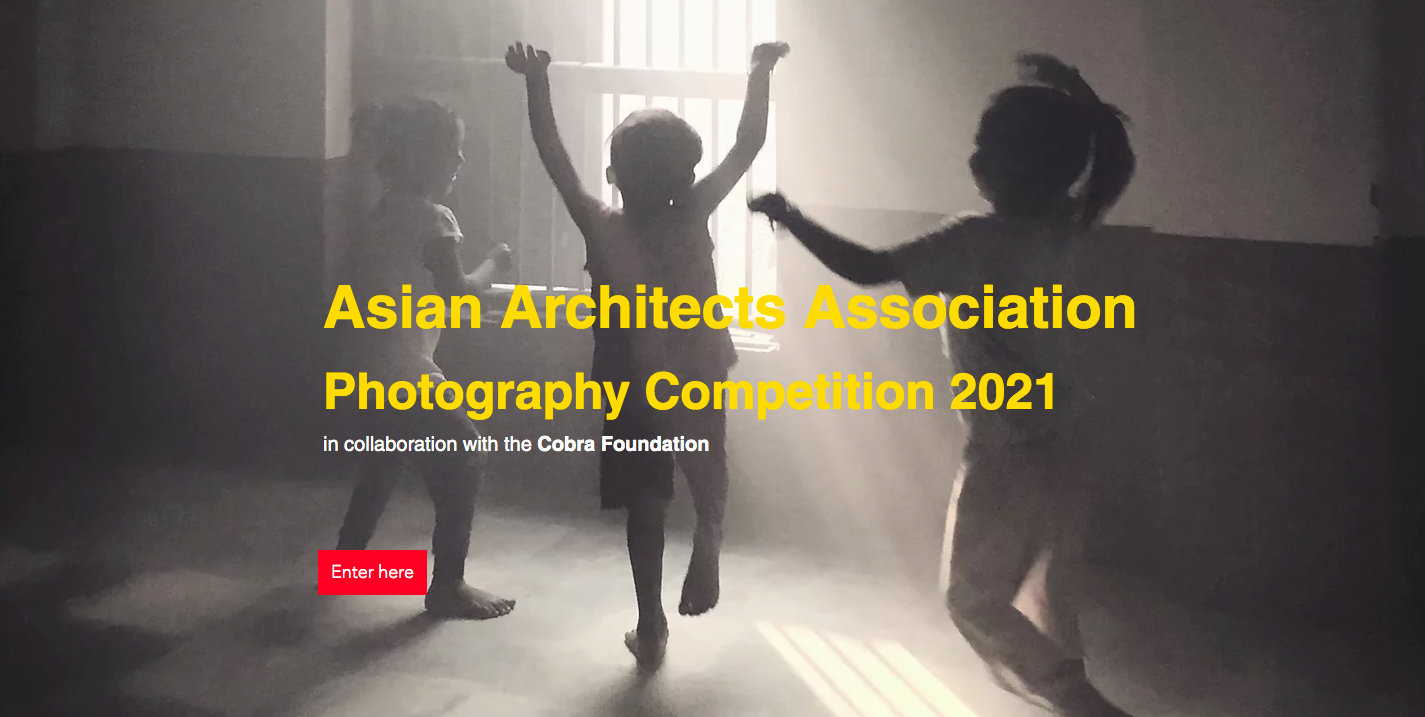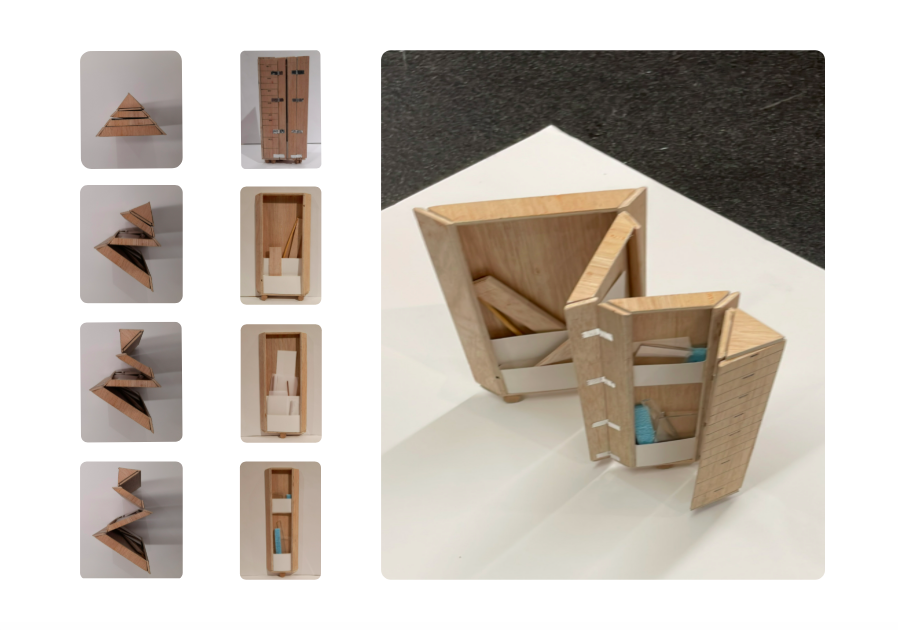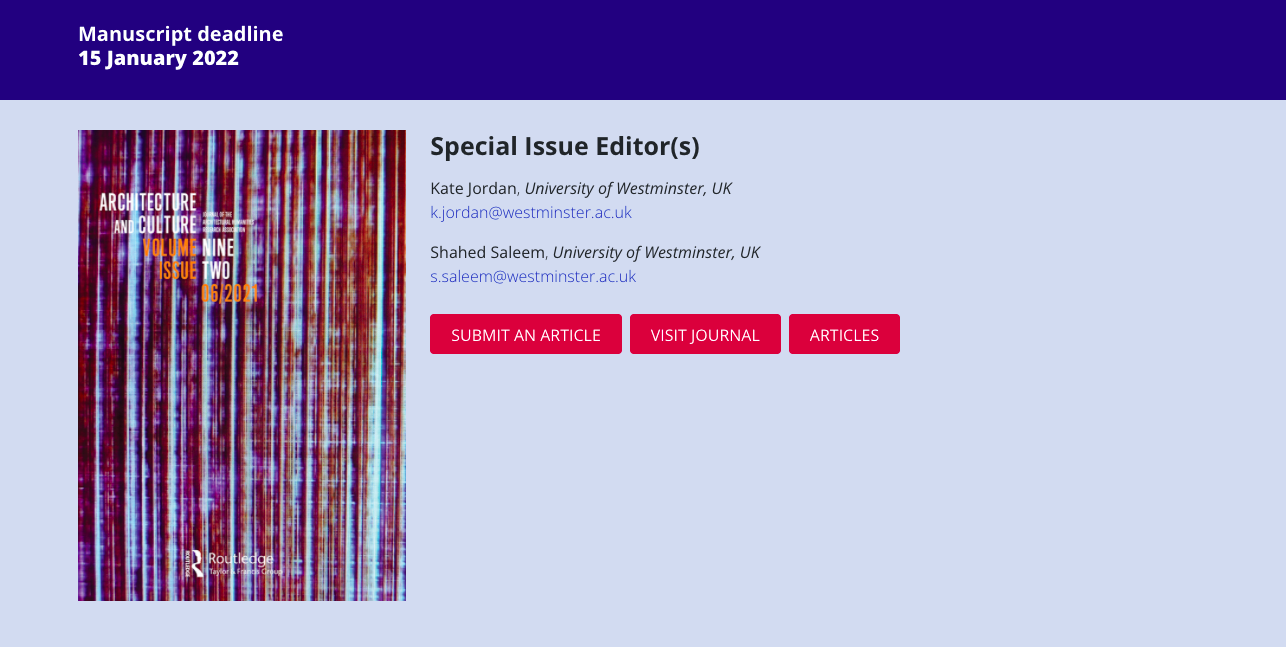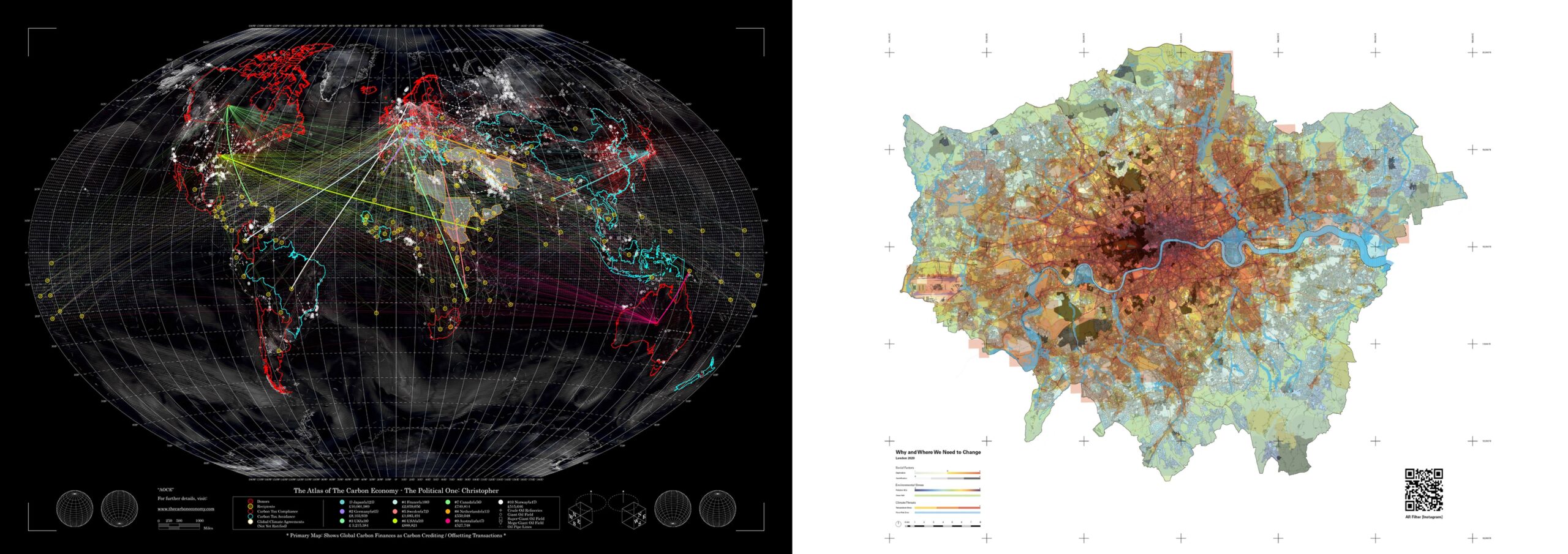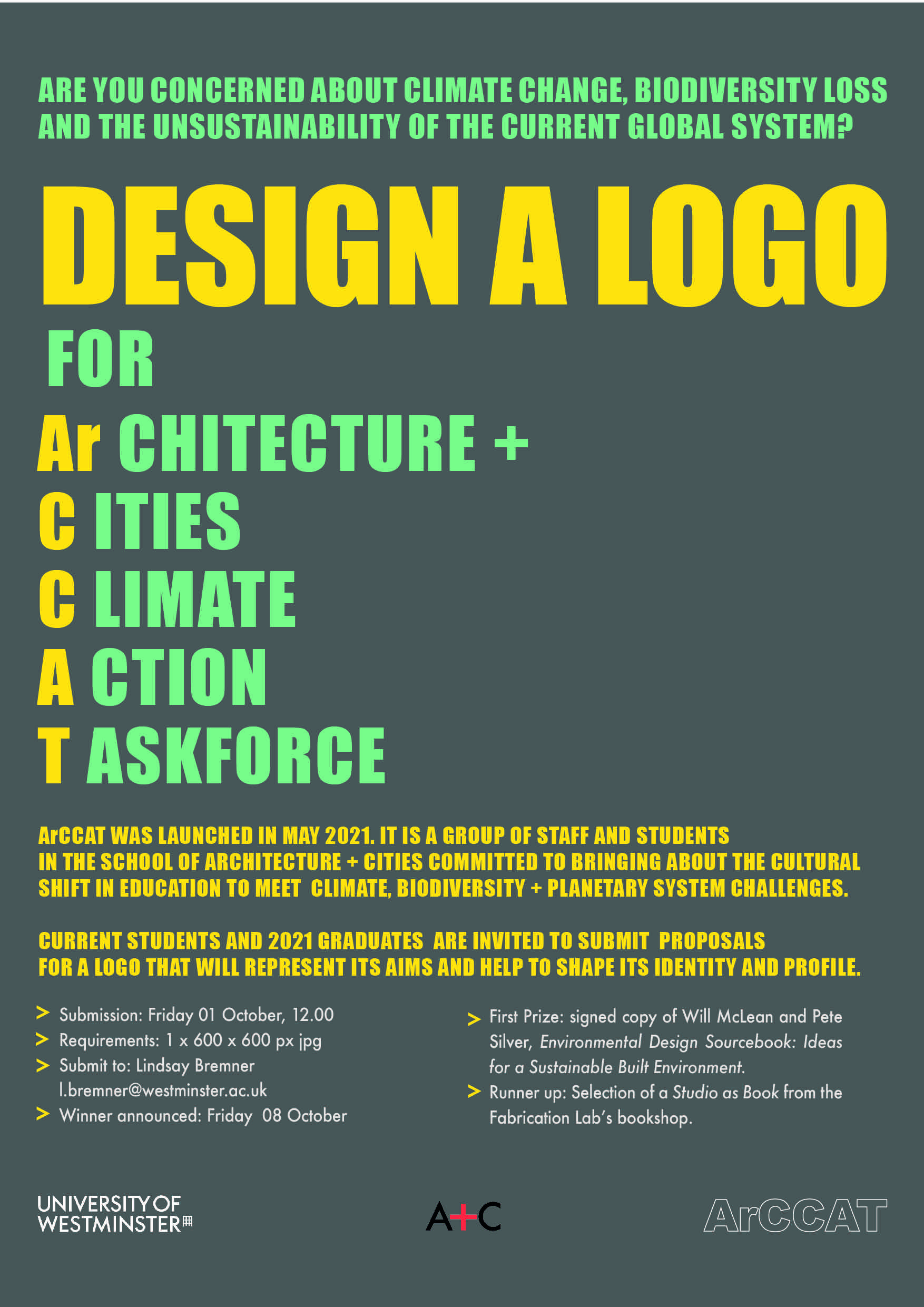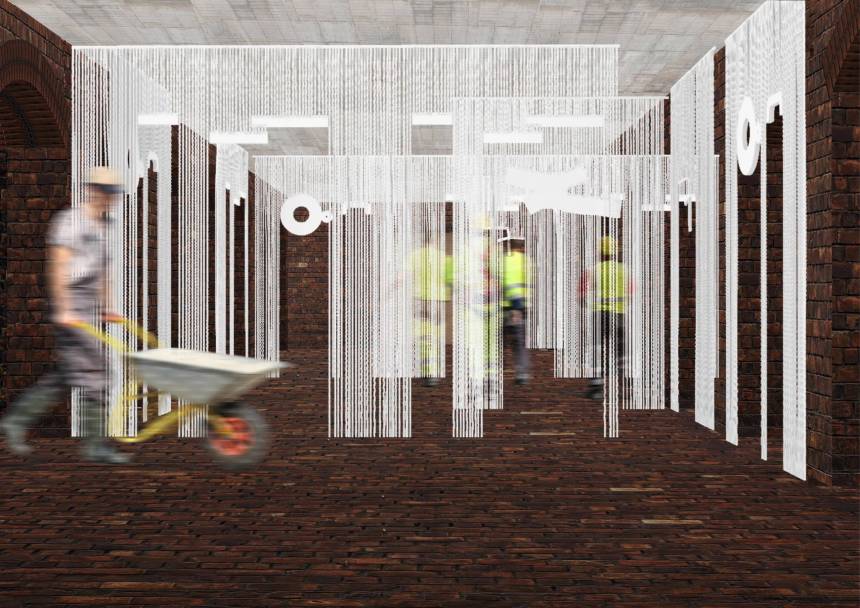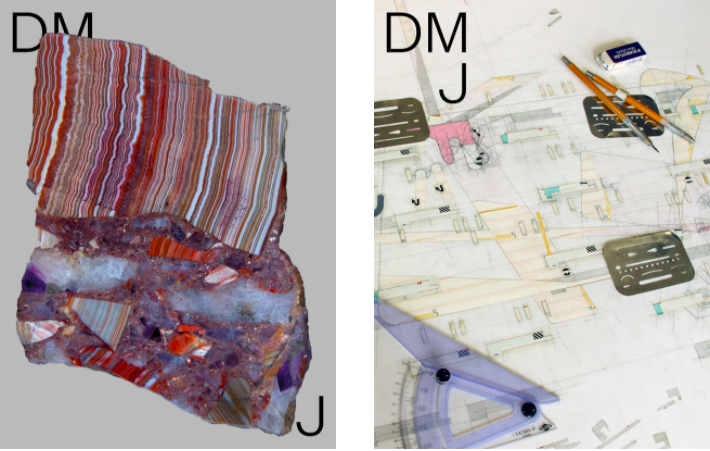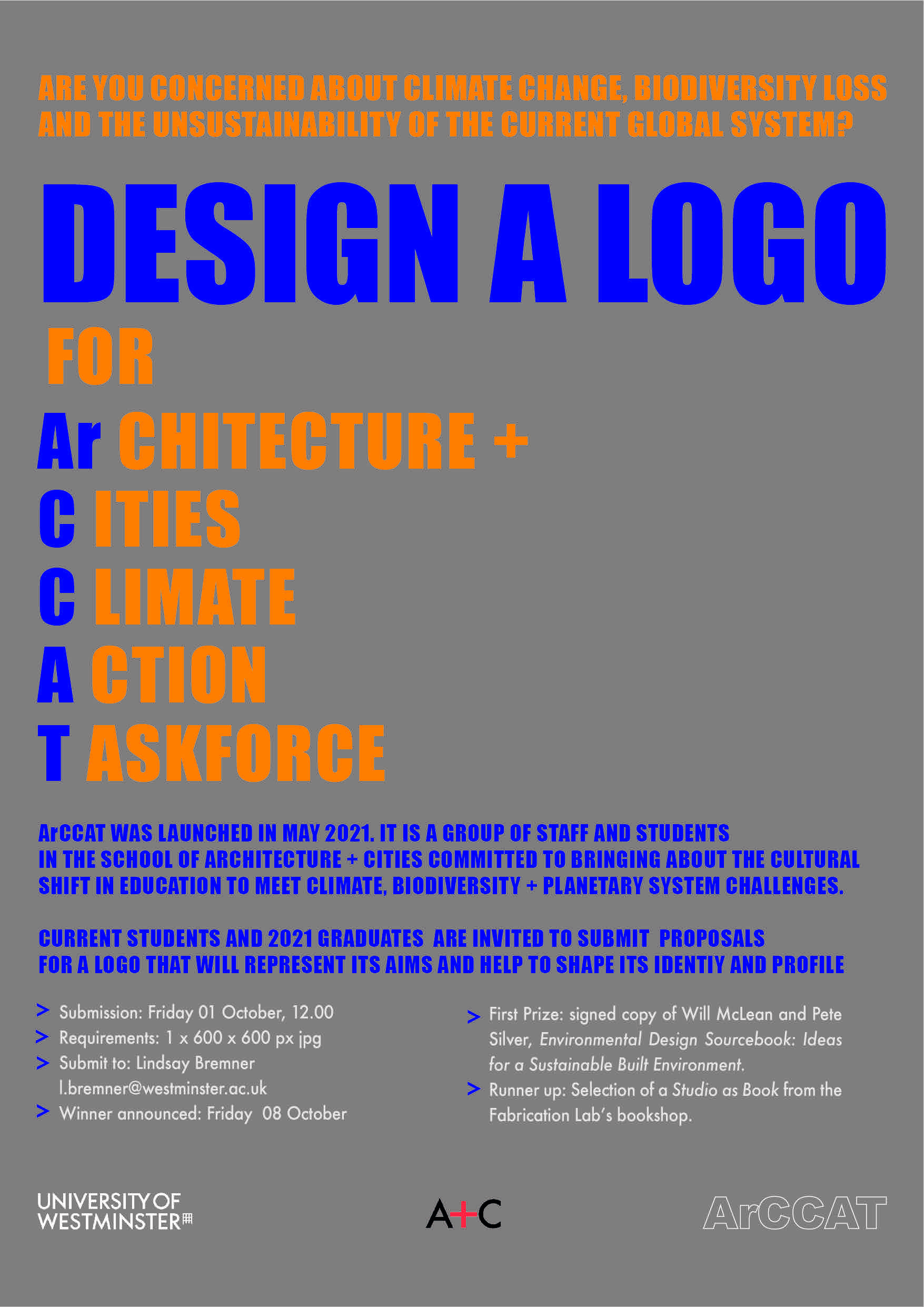AAA are excited to be launching their first ever photography competition, which is free to enter and open to all.
AAA would love to have participants from all backgrounds (don’t have to be Asians only) participate in this exciting creative opportunity.
The theme of the competition is ‘’Joy in Architecture’’ (which doesn’t have to be about Asian culture but could be a wider interpretation).
Excerpts from the website:
The pandemic has highlighted the importance of how we live, work and interact with one another; with the use of photography enabling us to relive memories and feel connected but most importantly capturing those special moments.
As we continue to adapt to the new normal, let us celebrate the joy that architecture brings to our daily lives.
AAA are interested to see what joy in Architecture means to you. It could be about buildings, people or capturing moments of the everyday; we are open to all interpretations of the theme.
Key dates
Competition opens: Sunday, 7th of November 2021, 9:00am
Closing date: Thursday, 13th of January 2022, 23:59pm
Announcement: Friday, 4th of February 2022
For more information, please go here.
#spreadthejoy21 #asianarchitects #joyinthecity










